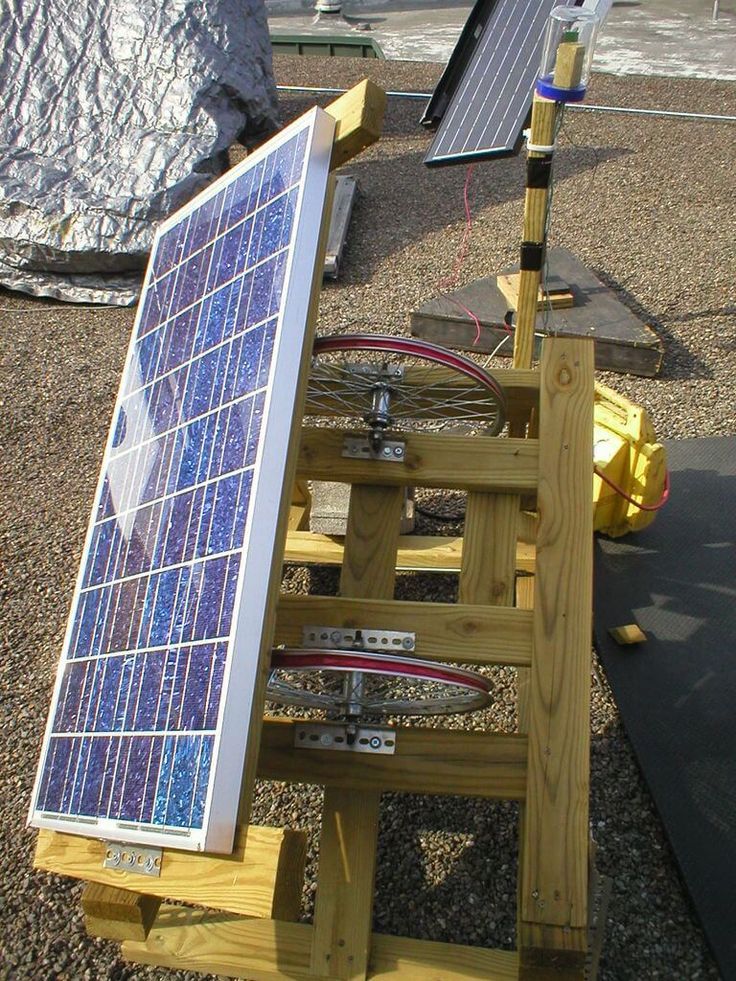Off-Grid Living: Embracing Self-Sufficiency and Sustainable Lifestyle
Living off-grid offers a unique opportunity to disconnect from the modern world and embrace a self-sufficient, sustainable lifestyle. It is a choice made by individuals seeking independence, reducing their environmental impact, and reconnecting with nature.
One of the key aspects of off-grid living is generating your own power. Solar panels are commonly used to harness energy from the sun, converting it into electricity for daily needs. Additionally, wind turbines can be employed in areas with sufficient wind resources. These alternative energy sources provide residents with reliable power while minimizing their reliance on traditional utilities.
Water management plays a crucial role in off-grid living as well. Collecting rainwater in cisterns or utilizing wells allows individuals to meet their water needs without relying on municipal supplies. Installing efficient plumbing fixtures further reduces water consumption.
Food production is another vital aspect of an off-grid lifestyle. Creating vegetable gardens or raised beds allows residents to grow their own fresh produce year-round. Livestock such as chickens, goats, or pigs can also be reared for eggs, milk, meat, and manure for composting.
Waste management is approached differently when living off-grid. Composting toilets are often used to convert human waste into nutrient-rich compost that can be applied to gardens safely. Greywater systems collect wastewater from sinks and showers for irrigation purposes after being filtered naturally.
Off-grid homes must prioritize energy efficiency through proper insulation techniques and passive solar design principles. Using natural materials like straw bales or adobe bricks helps regulate indoor temperature effectively while reducing heating and cooling requirements.
In conclusion, choosing an off-grid lifestyle entails embracing self-sufficiency by generating power sustainably through solar panels or wind turbines while managing water resources efficiently through rainwater collection methods or wells. Growing one’s food organically using gardens and livestock ensures a regular supply of fresh produce while minimizing reliance on external sources. Proper waste management, energy-efficient design, and the use of natural materials are essential components of an off-grid home. By embracing this lifestyle, individuals can reduce their environmental impact while reconnecting with nature in a meaningful way.


Leave a comment